#CorporateRestructuring
Honda Addresses Quality Control: Keep It Simple, Stupid
There was a time where you could ask just about anybody on the street which car brand they felt was the most reliable and they’d pause for a moment before answering — unsure as to whether they should suggest Toyota or Honda.
While the realities of what constitute a “reliable car” are a little more complicated than simple branding, both automakers deservedly made a name for themselves by undercutting and outlasting rival products coming from Detroit.
Times have changed. These days, you’ll usually see Toyota (and Lexus) sitting at the top of most reliability/quality surveys while Honda has settled uncomfortably to the middle of the pack. Perhaps more telling is the deluge of recalls that swept away some of the automaker’s credibility over the last five years. Honda is wisely blaming itself, allowing it to make the changes it believes are necessary to remedy the problem and regain some of its consistency.
President Trump Shares His Thoughts on GM … Again
President Donald Trump weighed in on General Motors again this week. This time, the issue at hand was the fate of Lordstown Assembly — which was shuttered earlier this month as part of the automaker’s ongoing restructuring program.
“Just spoke to Mary Barra, CEO of General Motors about the Lordstown Ohio plant,” Trump tweeted on Sunday. “I am not happy that it is closed when everything else in our Country is BOOMING. I asked her to sell it or do something quickly. She blamed the UAW Union — I don’t care, I just want it open!”
Barra’s take on just how much the United Automobile Workers are to blame is questionable, but the president’s position is not.
Take the Cash, Hit the Bricks: Nearly 2,500 Korean Workers Opt for GM's Voluntary Redundancy Package
Union officials have stated that roughly 2,500 workers from General Motors’ South Korean unit have applied for a redundancy package offered as part of the automaker’s comprehensive restructuring of the region. The number represents around 15 percent of total GM staff in the area and should make negotiations with one of the most inflexible workers’ unions on the planet that much easier.
Still, what General Motors plans to do with its remaining South Korean factories is unknown, but it has already announced one closure. This has left many wondering if the automaker will abandon production in the country entirely. Fortunately, the Korean workforce has not responded with violence. In fact, many appear to see the writing on the wall, opting to take a buyout rather than cause a fuss during the restructuring.
Toyota Losing Sanity Over the Automotive Industry's Uncertain Future
Toyota Motor Corp. is shuffling its management team because it’s worried about the automotive industry’s uncertain future. The changes, announced this week in Tokyo, take effect at the start of the new year. Toyota wants to diversify its corporate leadership in order to handle the changing shape of car building and the growing role of “mobility.”
However, an argument can be made that the company might be browning its pants prematurely. While the current nature of the automotive industry appears to be evolving into something else, it won’t happen overnight. Still, company president Akio Toyoda talks of the shifting winds as if someone has placed a gun to his head.
“Over the next 100 years, there is no guarantee that automobile manufacturers will continue to play leading roles in mobility,” Toyoda explained. “A crucial battle has begun — not one about winning or losing, but one about surviving or dying.”
Sleazy Presidential Scandal Leads to Restructuring Rumors at Hyundai
Hyundai Motor Group has received added attention from investors this week over expectations that the family-run business could undergo a major reorganization into a public holding, with the same separate, multifaceted structure as Hyundai Heavy Industries.
News spread that Hyundai Motor could be preparing a restructuring campaign after it issued a disclosure statement last Friday that explained it would be charging Hyundai Steel and Hyundai Glovis Co. 13.9 billion won ($12.4 million) for the use of the Hyundai brand name. This is the first time the company has ever collected from either over the use of its corporate trademark.
'Good Times' Return for Volkswagen Around 2020, Diess Predicts
After the awkward auto show apologies of the past year, Volkswagen executives are looking forward to a rosy time in the near future after the brand stabilizes itself.
Those “good times” will return, according to global brand chief Herbert Diess, but not before three to four years of rough slogging. In a Bloomberg TV interview from the Paris Auto Show, Diess mulled adding new models to its U.S. lineup.
TrueCar Employees Hit With Layoffs Amid Revamp
When TrueCar president and CEO Chip Perry announced a revamp of the car-shopping site, he failed to mention one big change: layoffs.
According to a source and confirmed by TrueCar, an undisclosed number of the company’s employees — mostly located at its headquarters in Santa Monica — received layoff notices yesterday.
Volkswagen Forges New Auto Union Through Reorganization
Volkswagen Group is reorganizing itself into a decentralized organization with four holding companies to better handle high production costs.
Wilson: $8B Stock Buyback Would Boost General Motors' Value
The man who helped General Motors restructure in 2009 now wants the automaker to buy back $8 billion in shares to help boost its value.
Toyota's Texas Move Could Reduce US White-Collar Workforce 70 Percent
As Toyota prepares to consolidate the majority of its U.S. operations into its new headquarters in Plano, Texas, it may end up retaining as little as 30 percent of its engineering, sales, finance and corporate workforce after the move as uncertainty takes hold.
Opel Reaches Severance Deal With Bochum Workers
General Motors subsidiary Opel has come to terms on a severance package for workers at its Bochum factory, set to close this year as part of the company’s restructuring plan.
Senators Want NHTSA To Force GM To Park Recalled Vehicles
Automotive News reports General Motors’ top lawyer, Michael Millikin, is co-leading the internal investigation with former U.S. attorney Anton Valukas into the events that led to the February 2014 recall crisis that befell the automaker. The former U.S. assistant attorney joined GM in 1977, switching from battling drug lords to corporate traitors, such as the two-pronged litigation against both Volkswagen and former GM purchasing chief J. Ignacio Lopez when it was found Lopez had stolen various confidential documents upon his departure in 1993; the case was settled in 1997.
As for his current case, Millikin and his legal department found themselves under the gun earlier this month before Congress, with legislatures asking how much was known by them regarding the various lawsuits linked to the ongoing recall. GM stated its lawyer learned of the issue at the end of January 2014.




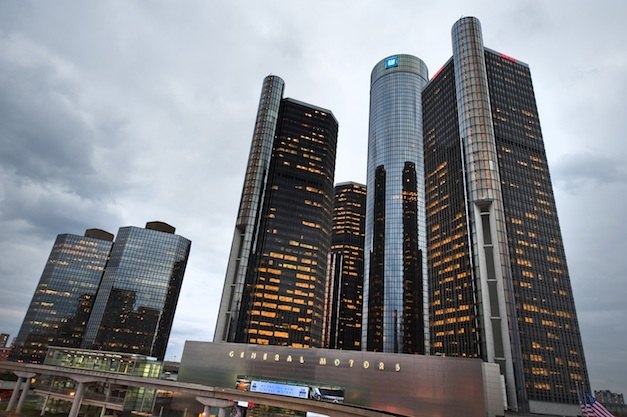
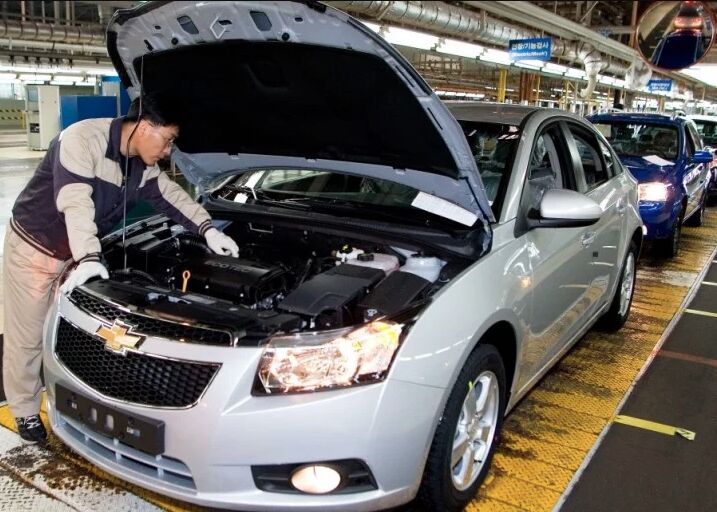


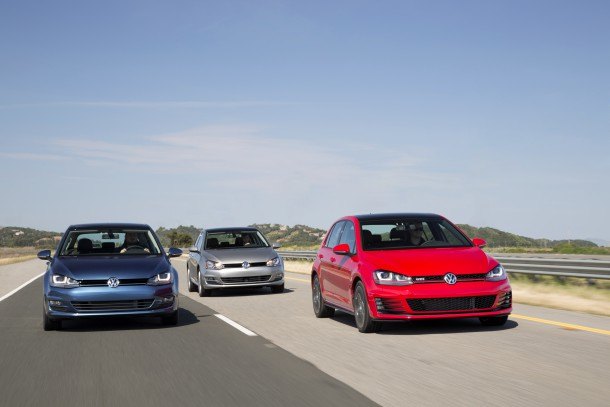

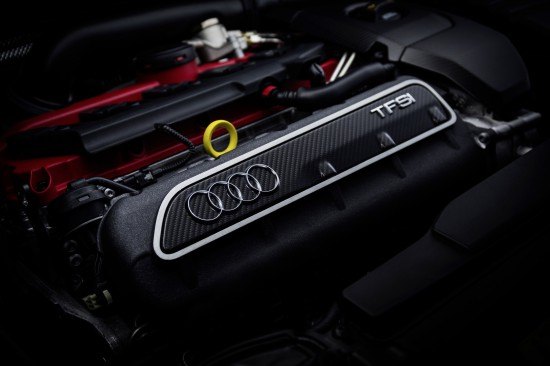

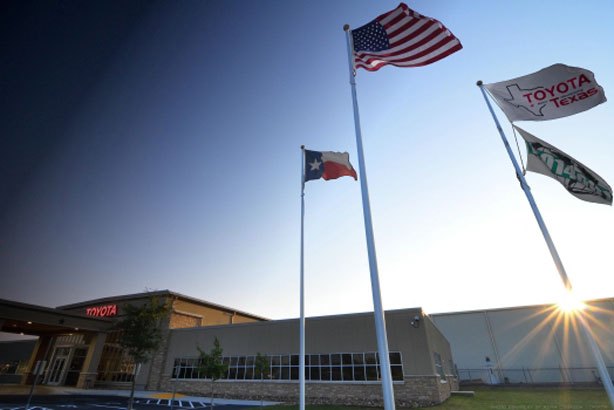













Recent Comments